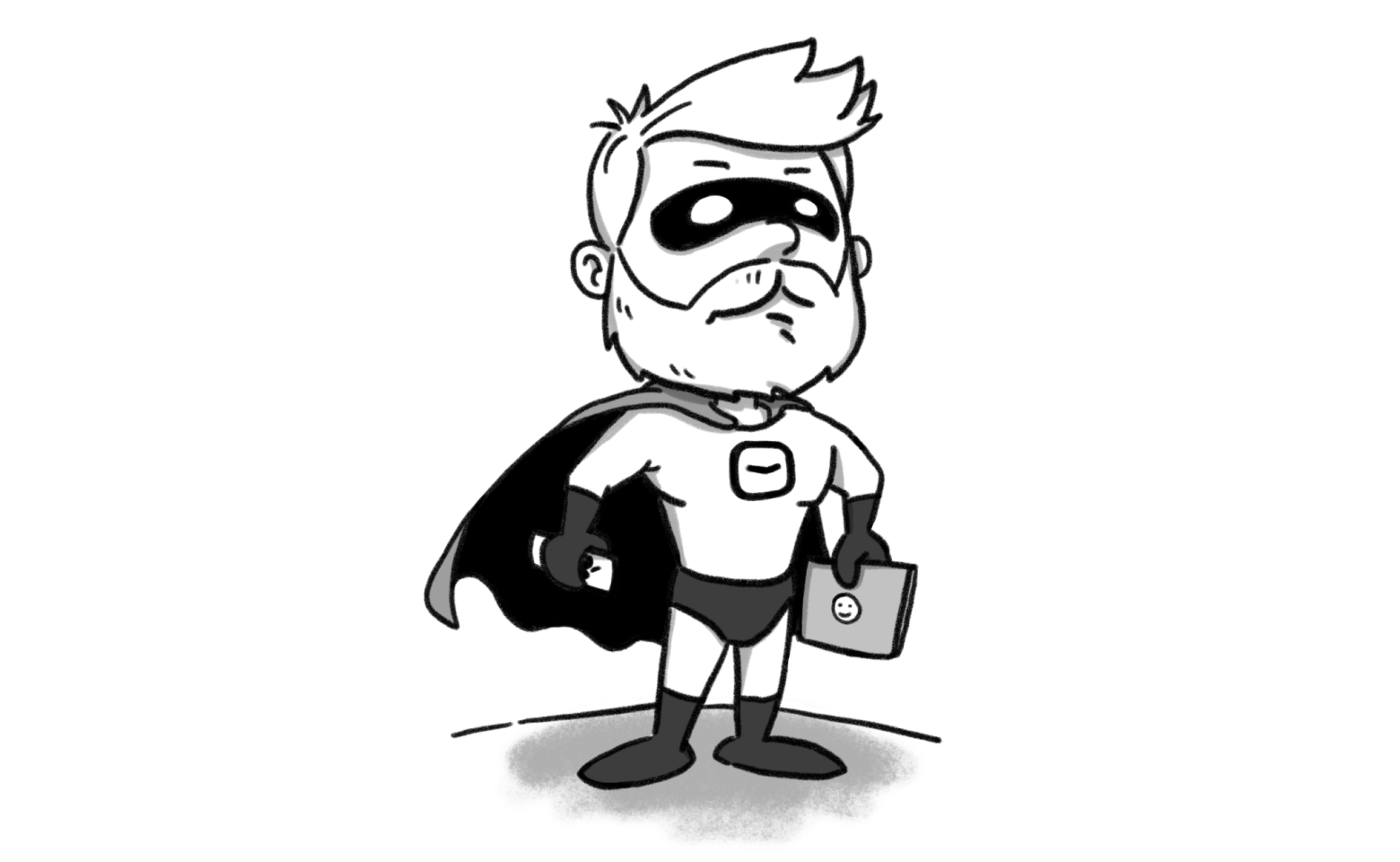👫 Build a team
Flex work, stable team

Gone are the days when bosses gleefully monitored their employees from behind glass walls. Creative work is done by experienced individuals who use their brains well. People work better when they feel they have some autonomy and control over their work. In an ideal world, little or no rules are imposed on the work team; they organize themselves to achieve the given objectives. If those objectives require working in person, the team does it, no questions asked. Forcing an adult to show up at the office when it's unnecessary can only yield poor results.
From the early years of Moze, we recognized the importance of granting autonomy to people. We always focused more on the "what" than the "how". You don't "negotiate" delivery estimates. If someone says, "It'll take 20 hours," there's no boss saying, "Let's do 15, and we have a deal." Instead, you need to explain to the client that it will take 20 hours. Embracing the Agile philosophy means working iteratively and incrementally. When time is tight, the goal is to complete a task within the available time, even if it means giving up on something (i.e., reducing the scope of work).
A professional wants to be treated like an adult. In return, they give their best. Trust is reciprocated with respect, and flexibility brings stability. This decreases the team's turnover. It breaks the endless cycle we all know too well:
I'm not happy here. I'll go somewhere else.
But it's not much better here either.
Getting started with flex work
For us, it all started with a seemingly simple decision: to stop imposing physical presence in the office. In other words, we discontinued a practice that everyone had always taken for granted, a behavior ingrained in our culture, a habit stemming from the past when the only way to work was to be on-site.
We began questioning this paradigm early on, granting people the freedom to organize themselves as they saw fit. This sense of autonomy extended to many aspects of work, from planning project activities to managing relationships and communication with clients, when it seemed appropriate. In our approach, a developer or designer is no longer a figure who lives somewhat hidden in the shadow of the Project Manager. They are no longer subjects in need of constant detailed explanations. On the contrary, they have become experts and frontmen in every sense.
Some members of our team had a natural aptitude for communication and relationships, while for others, we invested in training, providing them with a specialized Public Speaking coach, offering Problem Solving courses, and providing English lessons. These investments consistently yielded positive results for individuals and had a positive impact on the entire team.
